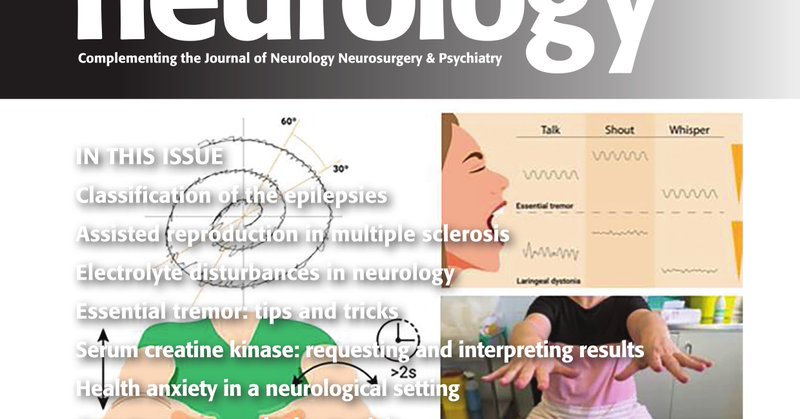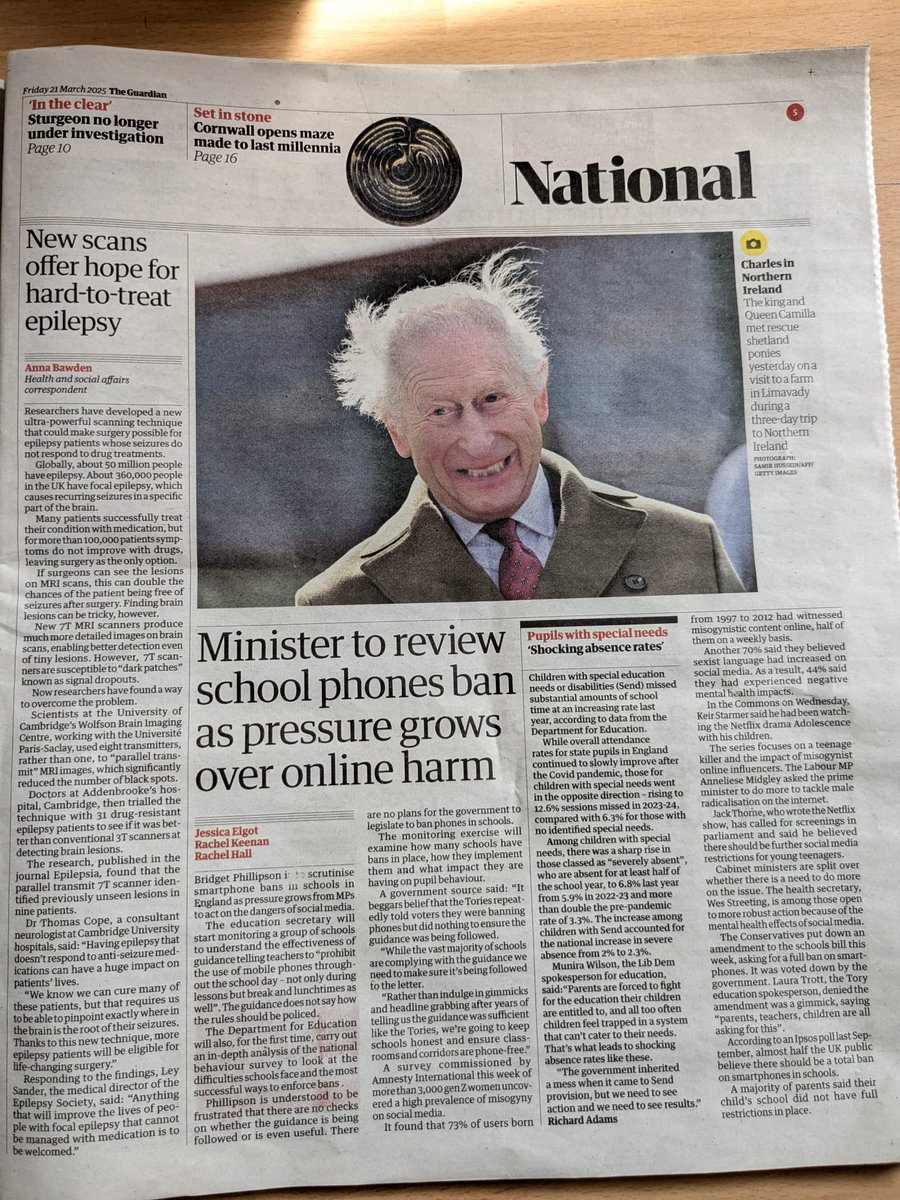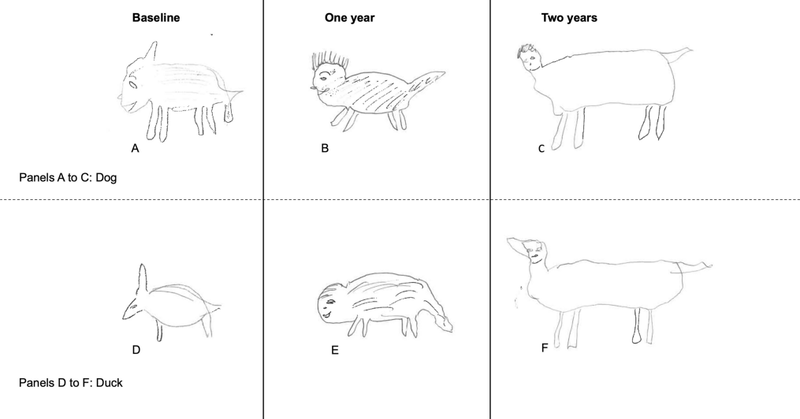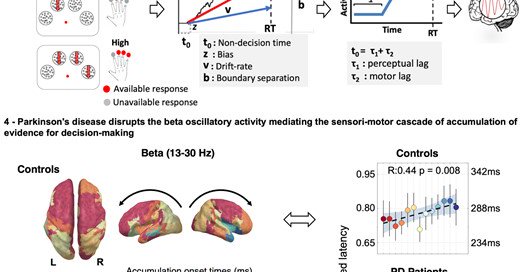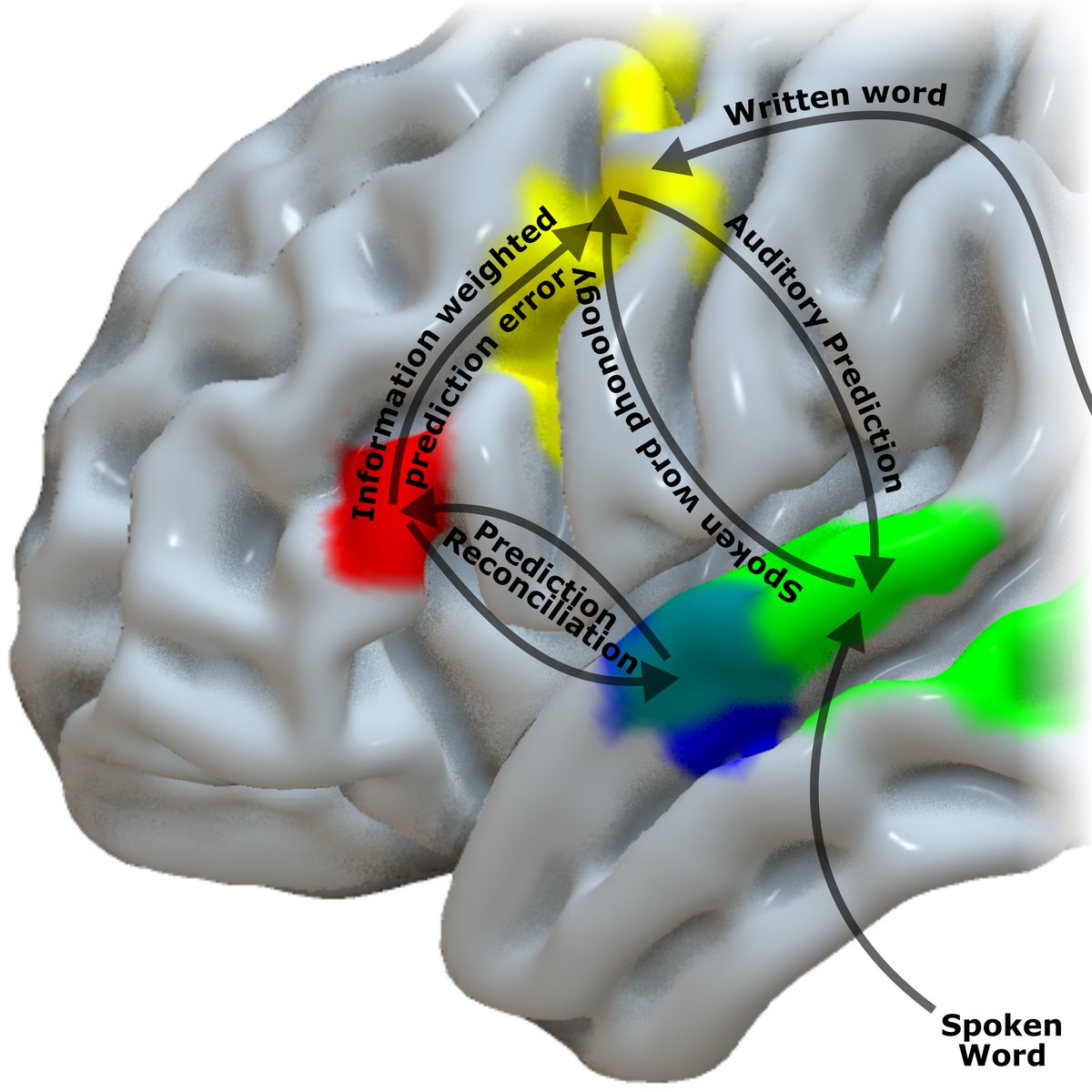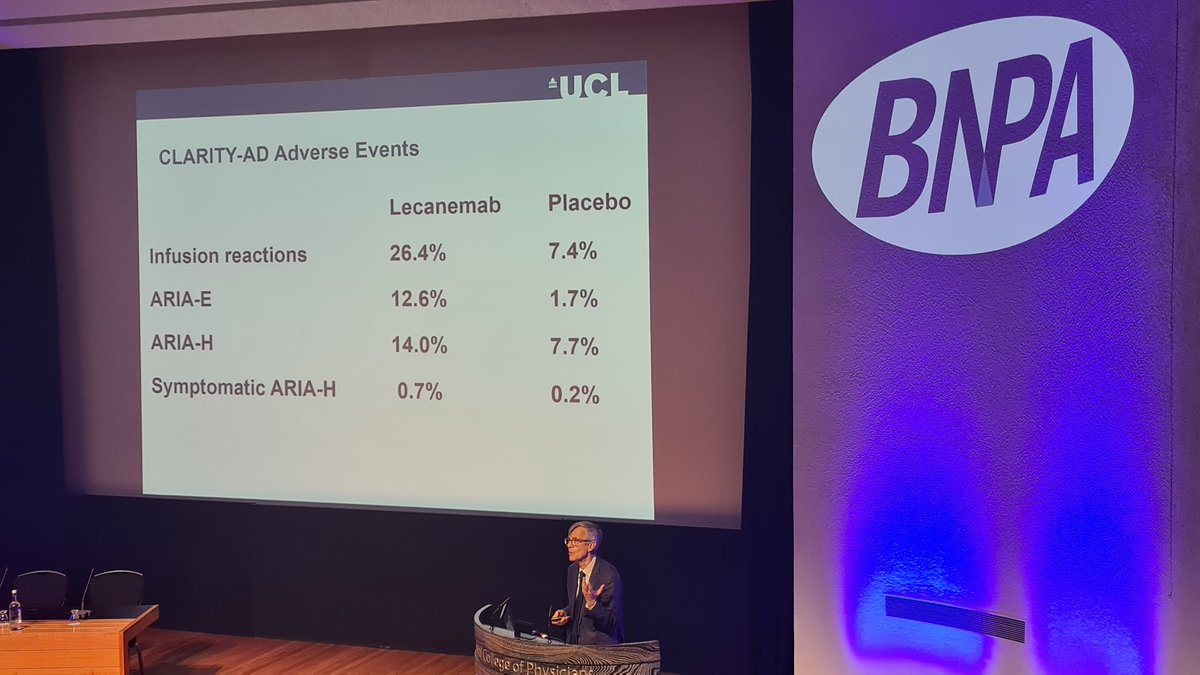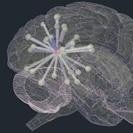
Thomas Cope
@tccambs
Followers
295
Following
148
Media
25
Statuses
173
Neurologist specialising in neuropsychiatry, cognition and epilepsy. Systems neuroscientist interested especially in prediction and language.
Cambridge, England
Joined December 2017
I was delighted to be asked to write for Practical Neurology on treating and depression in people with epilepsy. Hopefully useful, practical advice to help all neurologists feel confident that this is within their competence: With @eosimo and @PaulPcf22.
pn.bmj.com
The major barriers to detecting, diagnosing and treating depression in the epilepsy clinic are a lack of confidence and a lack of time. Patients with epilepsy have a significantly increased risk of...
0
3
8
A huge privilege to participate in the @ARUKscientist debate, discussing hope for future treatments for devastating dementias but also practical barriers to delivering current therapies both in NHS @CPFT_NHS and privately @spirehealthcare that need to be overcome for a true cure.
🔥 Burning debate incoming! Expect a lively discussion on the most pressing issues in dementia research. What’s your take on today’s big topics? #ARUKConf25
0
5
16
What does it look like to lose your understanding of the world? Drawings from patients with semantic dementia reveal a transmodal graded loss of concept knowledge: with @CambridgeFTD.
link.springer.com
Memory & Cognition - Semantic dementia (SD) is characterized by progressive impairment in conceptual knowledge due to anterior temporal lobe (ATL) neurodegeneration. Extended neuropsychological...
0
8
23
RT @le_Tomassini: Thrilled to share my latest paper, a culmination from my prior career chapter. Special thanks to my fellow co-authors @….
academic.oup.com
Tomassini et al. report that Parkinson's disease disrupts the beta-frequency activity mediating the accumulation of evidence for decision-making, leading t
0
6
0
I am extremely grateful to the patients, their families, and the healthy volunteers . To my collaborators, including @DrMattDavis @MasudHusain @AuditoryGroup @chrisrbutler @CambridgeFTD and others. And to the funders who made it possible, especially @acmedsci @theABN_Info.
1
0
10
The fantastic @ProfRobHoward again highlighting something I hadn't considered. The potential for infusion reactions unblinding patients and relatives during the lecanemab trial, perhaps contributing to very small clinical effects. @The_BNPA fantastic conference.
0
6
21
RT @M_Malpetti: Our work on synaptic PET in FTD is online on @ANA_journals - I couldn't be prouder of the wonderful teamwork (during a pand….
0
22
0
Thank you to @mrccbu for hosting the research, to @CambridgeFTD for making it all possible by recruiting patients over many years, and to my collaborators Laura Hughes, Tallie Adams, @MoatazAssem, @AlexWoolgar, John Duncan and many others, who made this work better.
0
0
4

